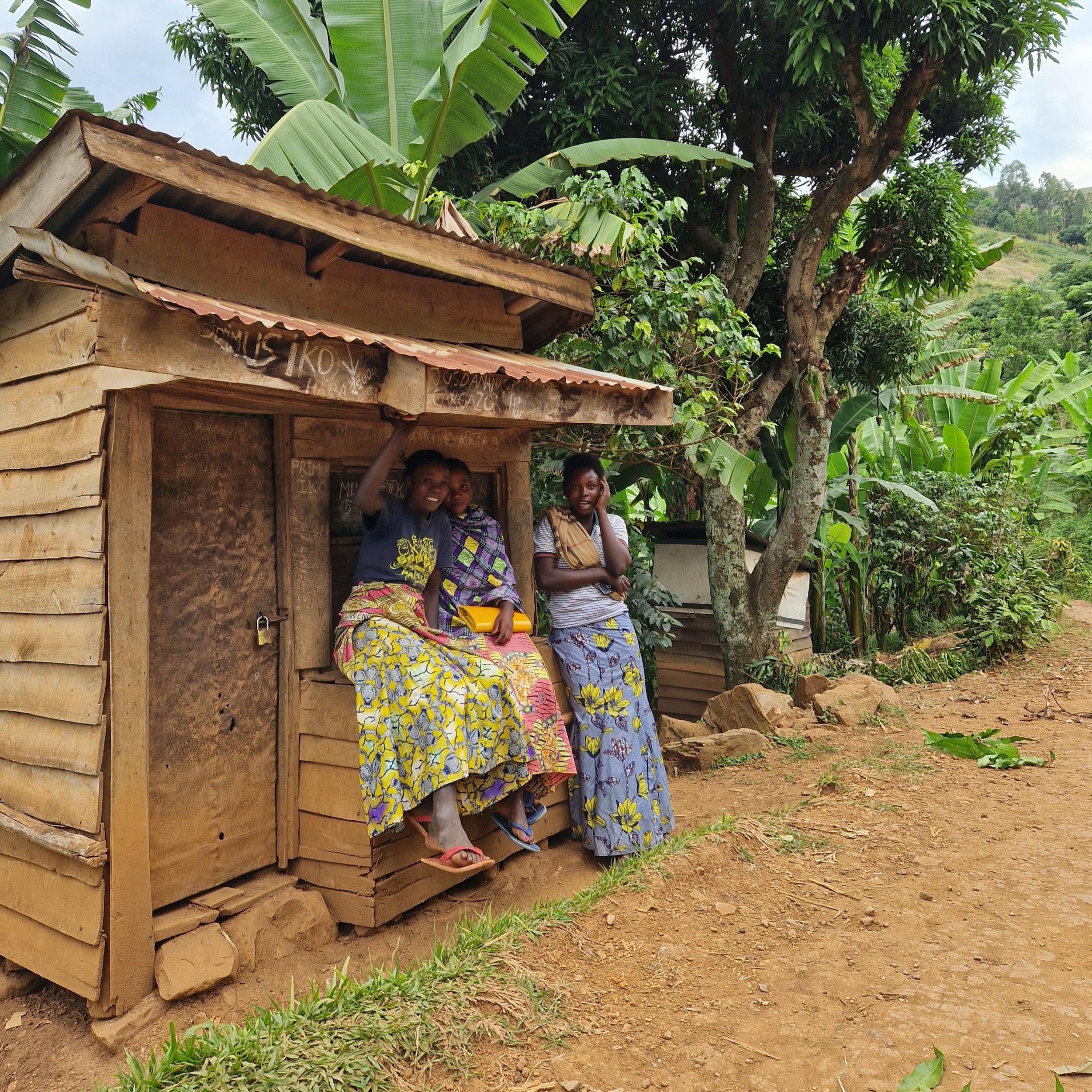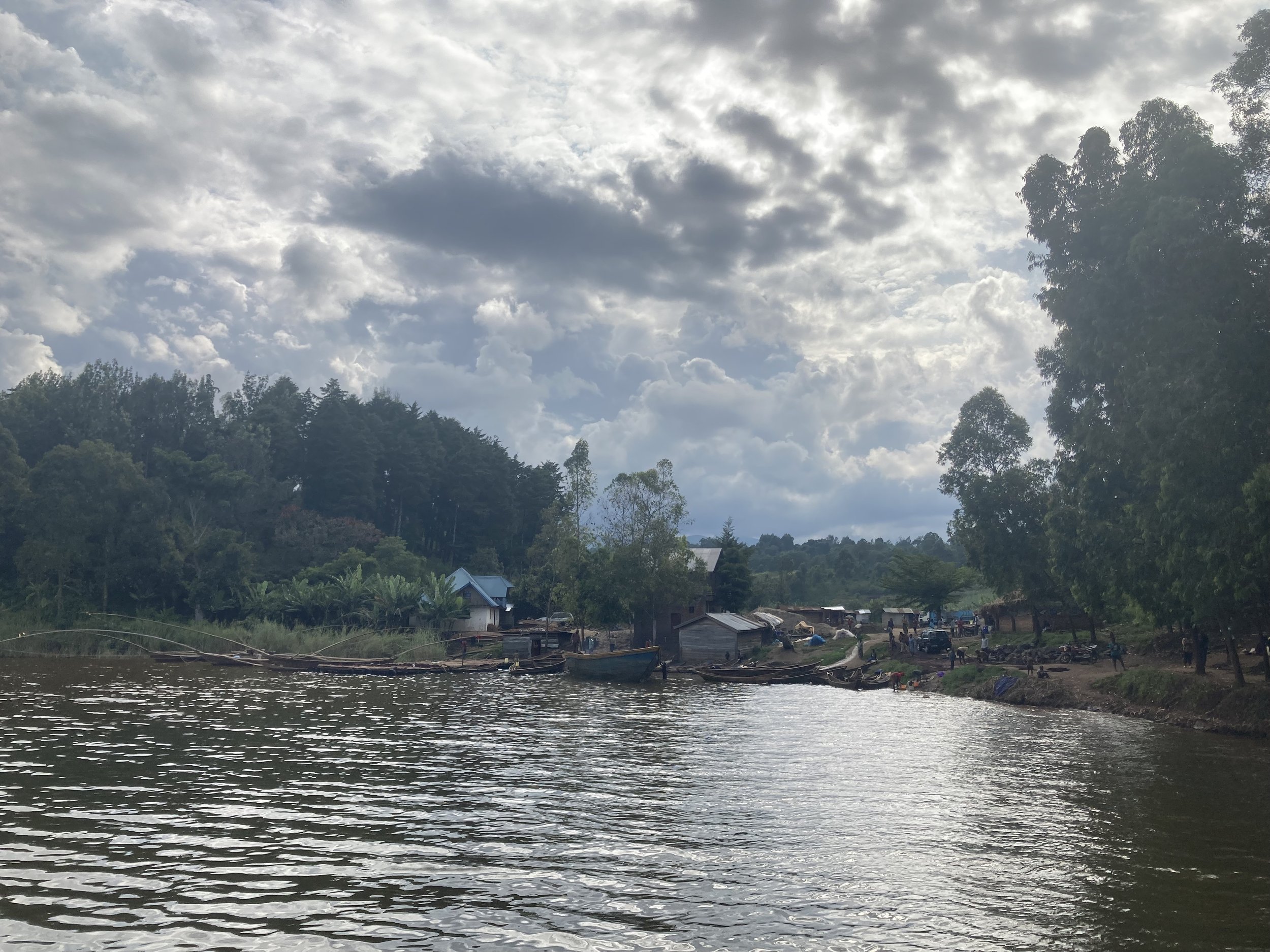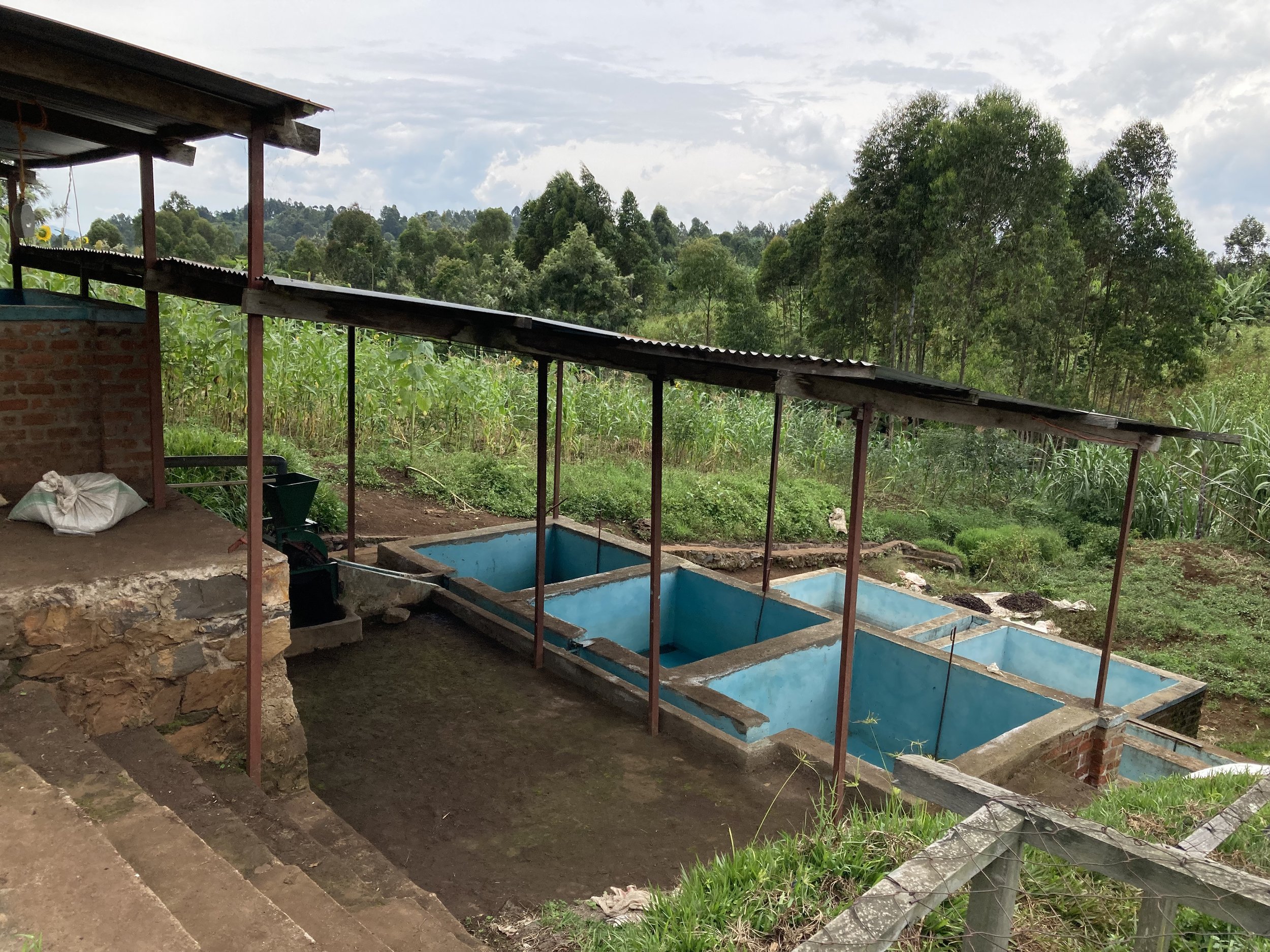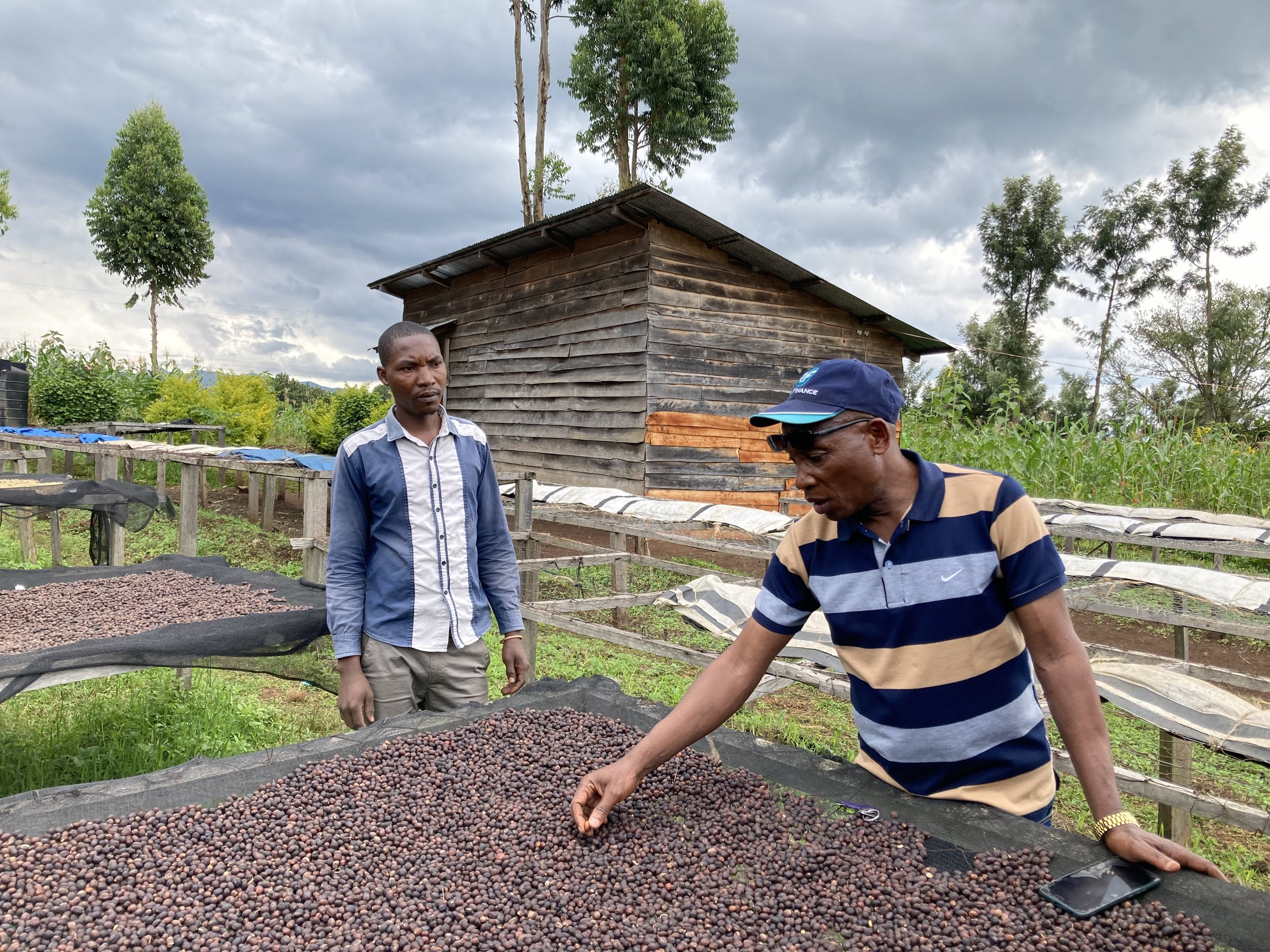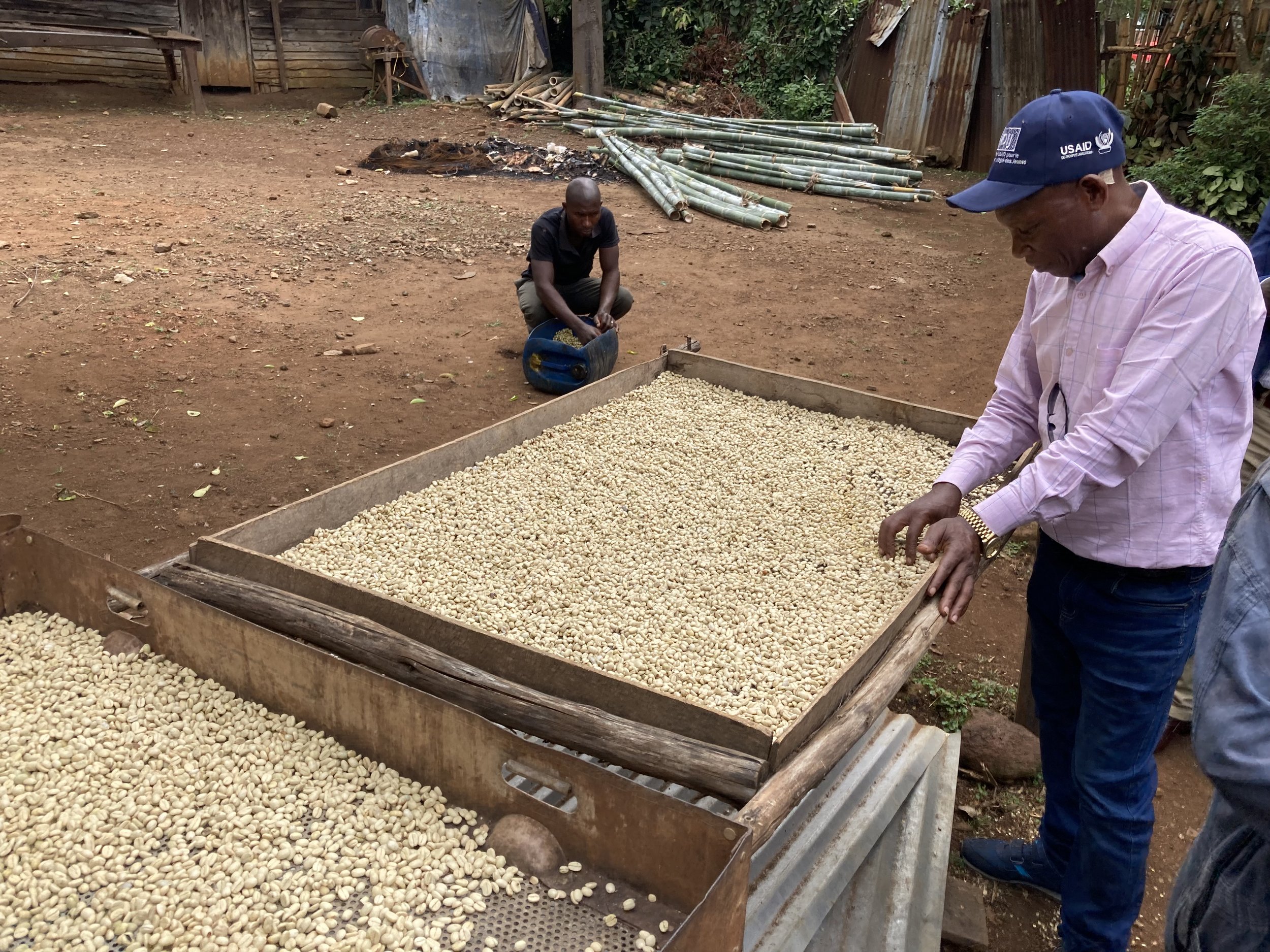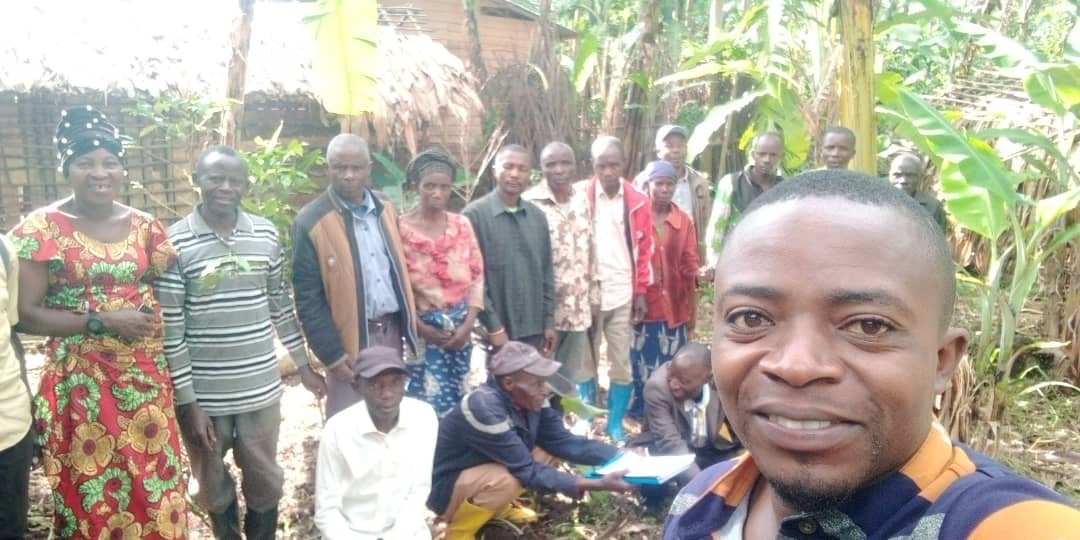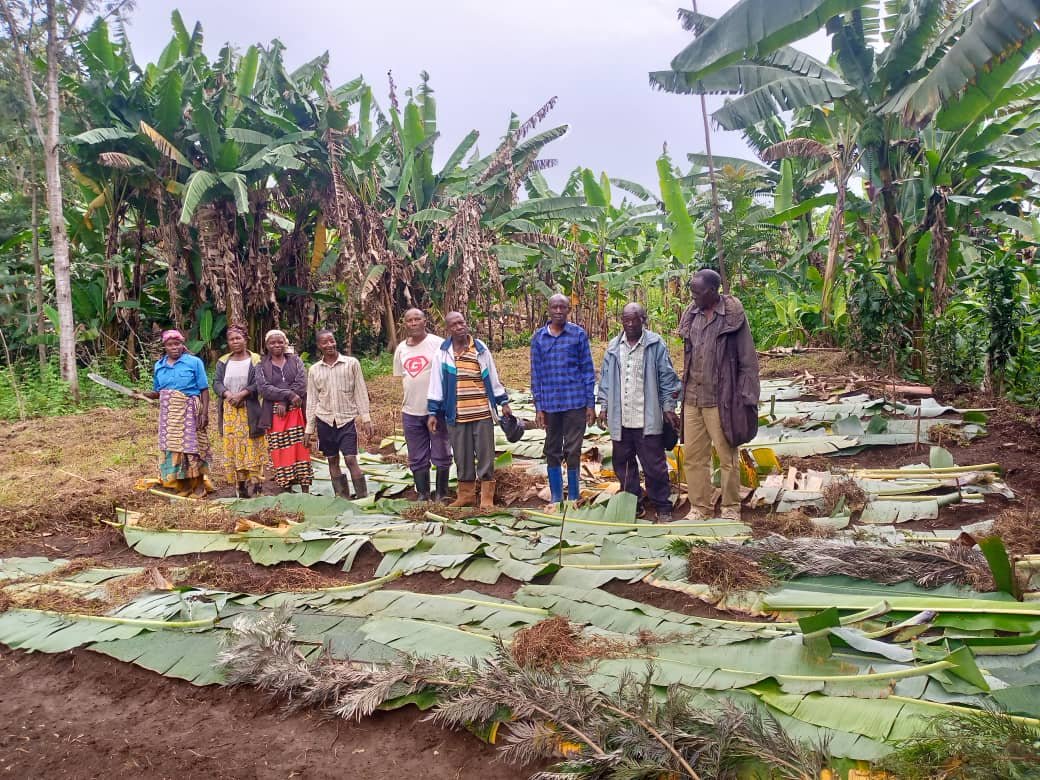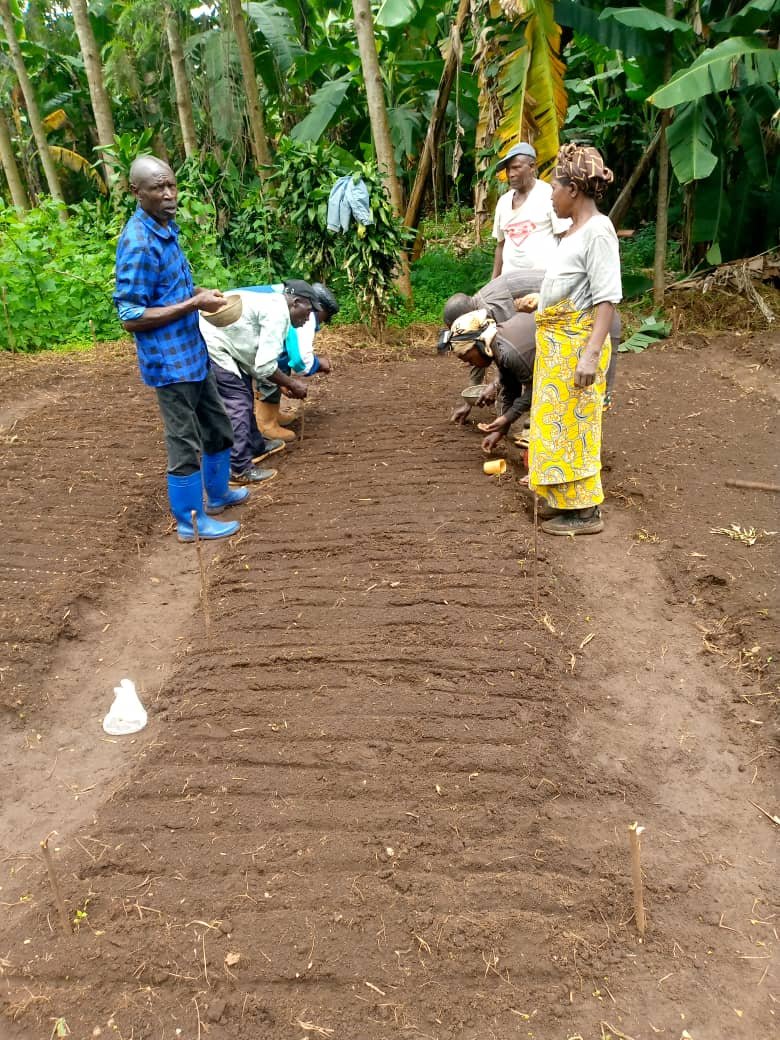THe Search for TRUE transparency
Back in 1996, when RAEK was born, it did so with a clear vision: to offer an economical alternative for women, youth, and those vulnerable to violence in a region deeply affected by poverty and war. It aimed at providing food security and equal opportunities for men and women by developing a coffee project that would lead to a reliable source of income. In 2012 it became a legally constituted cooperative, and thanks to the support from NGOs and government programs, it developed activities that aimed to revitalise the coffee sector in this neglected region.
The situation in South Kivu is alarming; besides the historical tribal territory conflicts, providing massive displacements of people, family separation, sexual crimes against women, and the vulnerability of children, the population is also subject to natural disasters, such as earthquakes, landslides, and heavy rains. Added to this, people in South Kivu are still dealing with the effects of the pandemic. Additionally, we're now facing a fight for metals, led by giant corporations and fed by the increasing use of phones and electronics we all use.
Despite these hardships, RAEK has made some impressive improvements in quality and transparency. Over the past year, our team has worked closely with the cooperative leaders to create clarity in the books and a system that can prevent corruption from filtering and allow proper financial growth. It also became crucial for us to assist in consolidating a female farmers group with RAEK.
-
The Kahuzi Biega national park lies in view of many of the farmers that supply to RAEK and is quite astonishing. The immense tropical trees towering over the hills, in every shade of green imaginable show a glimpse of what the region used to be like before intensive human settlement. The difference between inside and outside the park is depressing. Instead of old growth trees, the only canopy you can usually see in and around the coffee farms are bananas, fruit trees and other fast growing trees for timber. Everything old, any tropical hardwood that has any economic value has been cut down, save for a few central behemoths in town centers that nobody has had the stomach for to remove.
This begs the question, what is needed to conserve more forest in the majestic heart of Africa, the extension of the continent’s most biodiverse stretch of land, the Congo Basin? The answer obviously lies in alternative income, incentivising people to keep trees instead of cutting them. But it’s not just trees, the large game here is equally unique: in the park you will find bonobo and common chimpanzee, owl-faced blue monkey, black and white monkey (Colobus guereza), red colobus (Colobus badius), african elephant, buffalo, white rhinoceros, okapi and of course, the mountain and lowland gorillas.
RAEK encourages farmers to produce organically and not use pesticides. Up to now, we have not seen that their efforts have been enough to keep old growth forest on farmers’ lands, but trees of this size that support such wildlife take time to mature. One thing we know is that during the coffee-growing season, all members of the Park's local communities (in the sector of Katana) are busy with various coffee-growing activities, diminishing the pressure on the park through poaching and felling of trees. We carefully pride ourselves for supporting this development with high prices and continuity, but time will tell if it will be enough to extend the borders of the park beyond its official limit, and can mark a future where Congolese humans and wildlife coexist.
These villages provided our 2023-2024 import.
Katana and Kavumu are regions within RAEK’s scope of activities. The main difference: Katana is processed at one of the coop’s two washing stations, whereas Kavumu is an outgrowers’ lot, processed with home processing equipment.
KATANA
466 members ( 91 women; 393 certified organic)
43.53 hectares (total)
106,296 coffee trees (total)
135 bags bought
KAVUMU
427 members ( 29 women; 259 certified organic)
88,07 hectares (total)
80 047 coffee trees (total)
130 bags bought
Raek manages its own export process, an outsource their milling to a third party (Jambo Safari) in Goma. This makes them more attractive to buyers as contracts can be settled immediately with the coop and without surprises. Désiré even helped us find a shipping partner to co-ship with.
Traceability
You can find all the signed contracts and shipping documents that we made with RAEK since 2021 below (Google Drive).
2017: first visit This Side Up, on site cupping of the coop’s coffees with RAEK members.
2018: reorganisation of the coop management, meeting Lennart, Desirè and Stefaan in Rwanda to discuss first import and creation of naturals.
2019: RAEK and Abakundakawa exchanged knowledge on several visits, RAEK created the coop’s first natural processed coffees with their help. First TSU import of RAEK’s coffees.
2020: RAEKS’ overall quality improved significantly this year, managing also an increased volume. This is a direct result of the training received this year. Added to this, RAEK produces around 10,000 seedlings annually in addition to shade trees and hedges to maintain coffee quality and soil fertilization. New drying tables were added to the various stations.
2021: Start of the research phase of our project with the Dutch Foreign Ministry division on Child Labour Prevention (FBK). RAEK settled a USD 25,000 debt owed to OXFAM, stepping, with this, closer to the transparency they seek.
2022: the first time our second payment executed successfully. 514 members received 11,490 USD as a 2nd payment as a bonus for their quality. Certified organic members increased from 907 including 197 women to 1704, including 656 women.
2023: Start of the implementation phase of the FBK project. Ordered a full container for the first time. Also imported our first women’s lot, produced by only women from Katana and Kavumu.
Our QC’s flavour
impressions
“Congo is one of these origins that continues to surprise year to year. Maybe because the country does not yet have a clear flavour profile in people's minds, I often hear associations that do not fit reality, or we end up comparing to neighbouring countries like Uganda or Kenya - but these lots never fail to be be different to expectations. This year, it reminds me of ripe fresh berries: raspberry, blueberry, currants, raisins. The brightness and bold sweetness of Congolese coffee make it an incredibly versatile cup, ready to be unleashed through different roast styles and brews.”
Katana Natural 2024
Roasting advice
As there is some resemblance between Congolese and Kenyan coffee - we decided to try a roast profile that was originally developed for our Sakami lots - with great success. These dense beans need some power to develop, and for production roasts, keep in mind that they are prone to losing a lot of energy on the crack, so an extra push might be needed here as well.
As for Ikawa roasts, surprisingly enough for natural Congolese lots you can use both “Washed Africa” and “Natural Africa, they both work great.
PHOTO GALLERY
You may use these images freely to promote RAEK among your customers.
Désiré Zagabe & Anicet Shamavu
Désiré speaks French only. He is happy to converse with interested buyers and coffee enthusiasts by email. The coop manager Anicet Shamavu is also available for contact by email (French).
Email : zagabedesire@yahoo.fr / anicetshamavu@yahoo.com
Phone: +243 (0)993 361 808 / +243 (0) 850 769 797
INSTAGRAM : raekkatanacoffee
Katana, South Kivu Region - Democratic Republic Congo


